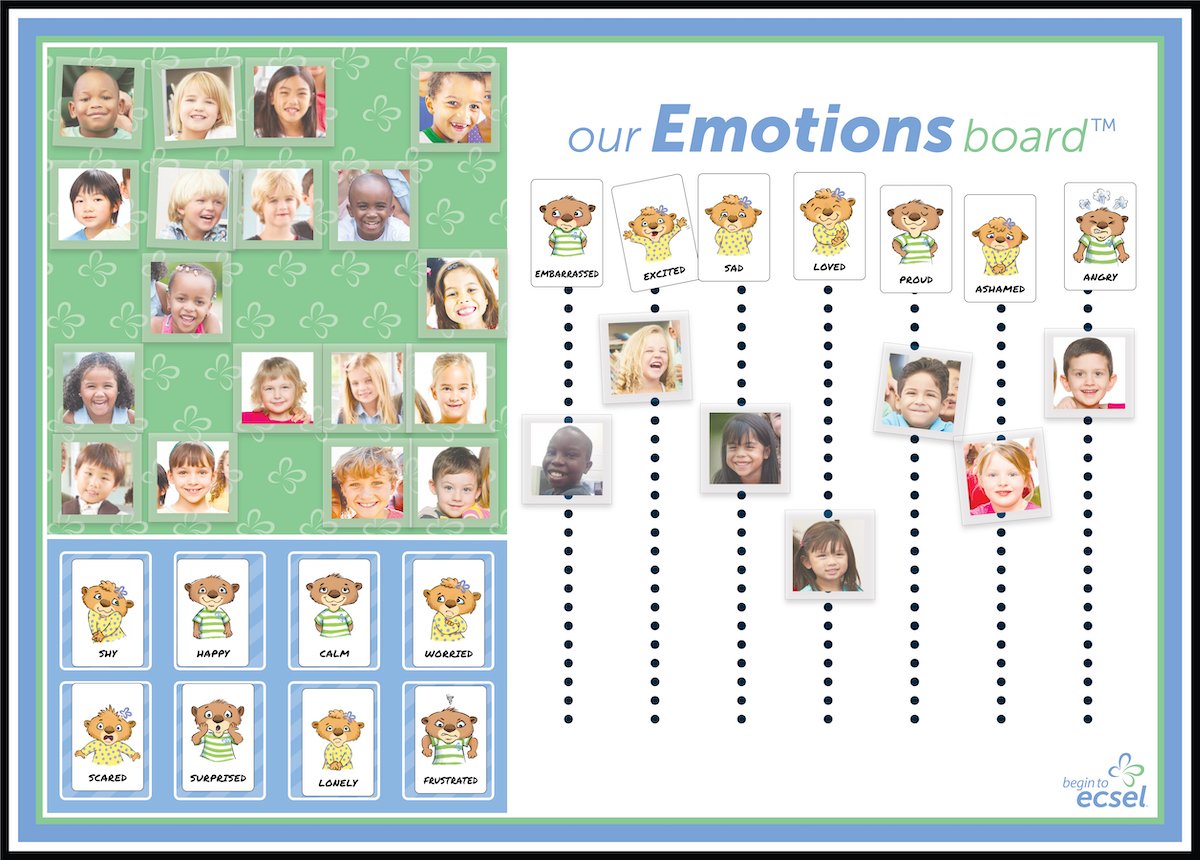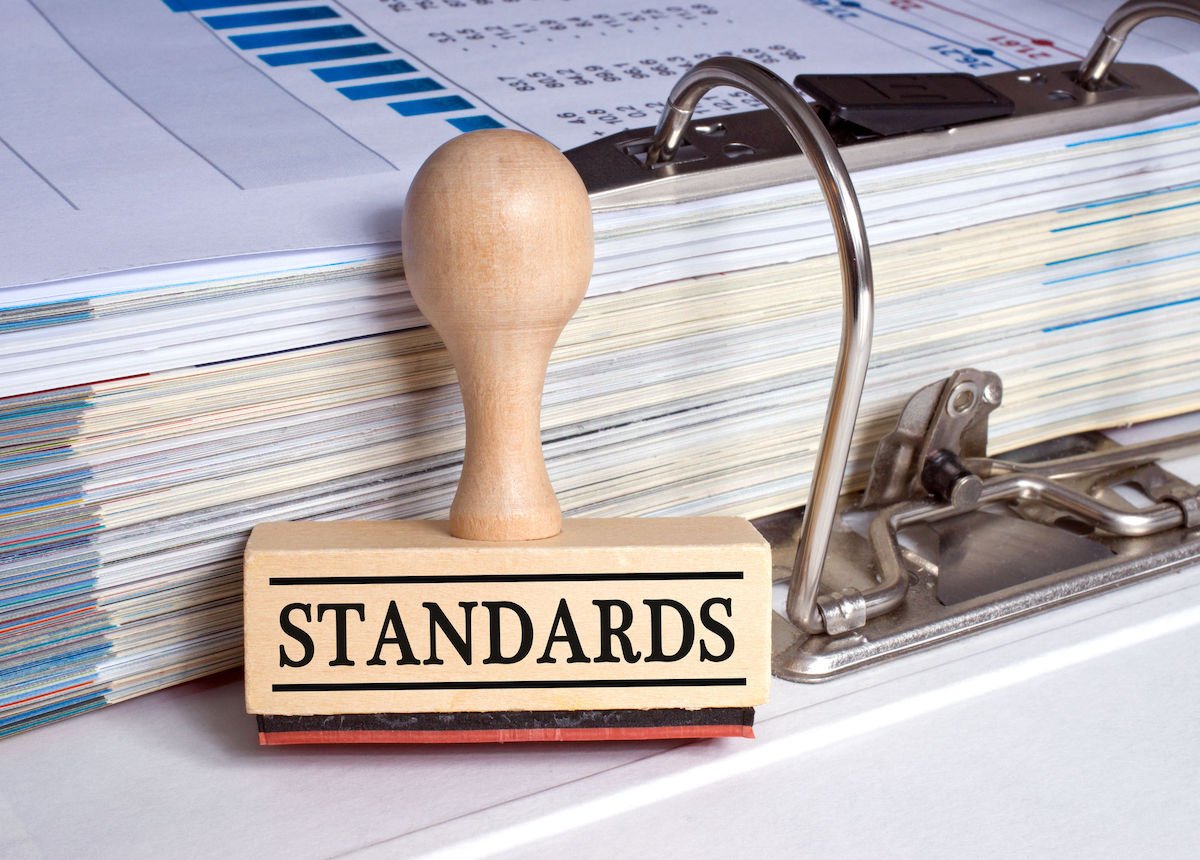Housman Institute's flagship evidence-based begin to ECSEL training program reaches children within the earliest years when their brains are developing rapidly and are most malleable to daily experiences. Research shows that during this critical window of opportunity, consistent repetition of high-quality learning experiences can strengthen optimum brain development in young children.
Children are able to learn the positive ways of managing and dealing with emotions from the guidance of responsive, attuned caregivers. This provides them with the critical knowledge, understanding, and skills to carry with them throughout their lives.
"Our research findings provide scientific evidence that the use of the begin to ECSEL program with young children results in significant growth in emotional competencies, self-regulation, empathy, and other prosocial behaviors critical for children’s lifelong learning, mental health, well-being, and success.”
~ Dr. Donna Housman, Founder and CEO
Begin teaching emotional competence to infants from their earliest days.
Use current emotional situations as an opportunity to teach and learn more appropriate emotion regulation strategies.
The training and ongoing professional advancement of key socializers, like educators, is crucial to teaching children critical skills.
In order to ensure successful understanding and implementation, it is vital that educators have the help and guidance they need at every step. The training program offers a strong system of reflective practice and support through mentoring and coaching.
Before educators and caregivers can help children successfully deal with their emotions, they must first be able to understand and manage their own emotions, stress, and anxiety.
Begin to ECSEL is designed to be woven into any existing programming or curriculum throughout the day, every day.
Proprietary begin to ECSEL® developmentally appropriate tools and characters provide children with the skills to identify and label their emotions, understand cause and effect relationships between emotions and behavior, and resolve interpersonal conflicts.
Our research has shown children who experience the begin to ECSEL program significantly outperform their peers nationally in key measures of emotional competence, self-regulation, empathy, and executive functions.
The begin to ECSEL strategies extend to the home, guiding parents in the critical understanding of their own emotional responses, underscoring the importance of modeling appropriate behavior, and enhancing their relationships.
While begin to ECSEL aligns with CASEL, NAEYC, Head Start, and State Standards, offering PDPs and CEUs to educators who complete the training, our approach goes above and beyond traditional SEL standards with our ECSEL standards.

Our evidence-based program is centered on innovative synchronous and asynchronous educator and mentor training that informs and guides teachers in the cornerstones of the begin to ECSEL program, with the guidance of trusted mentors. Our comprehensive training provides teachers with heat-of-the-moment strategies and tools for identifying emotions, managing feelings, and negotiating peaceful problem resolution.

A key component to the successful implementation of the begin to ECSEL program is the use of our proprietary developmentally appropriate tools to be used in the classroom. The program’s formative assessment supports and guides students’ recognition, understanding, and management of their emotions and those of others throughout the day.

At Housman Institute, we know that the success of any new initiative requires support and guidance, which is why the mentoring relationship is a key component of begin to ECSEL. We train select staff as mentors to ensure that the whole school community is supported in the program, able to learn, thrive, and grow together.

Begin to ECSEL not only transforms a school environment but enhances the curriculum. The program can be seamlessly woven throughout existing or new curriculum and programming to ensure emotional intelligence is incorporated continually throughout the day. Begin to ECSEL is aligned with CASEL, NAYCE, Head Start, and State Standards.

Children do not learn and grow only at school. Parents and families are their first teachers. We have developed tools to support family engagement and understanding of the begin to ECSEL program with important newsletters, webinars, and at-home tips and activities to ensure the experience continues beyond the school day. We know that parents, siblings, and extended family can also benefit from the important skills we teach. In this important way, the welfare of the school’s larger community thrives from being a part of the begin to ECSEL process.
![]()
Housman Institute is a Proud Partner with Ellis Early Learning to Place Emotional Intelligence at the Heart of Early Childhood Education.


Comprehensive mental health programs integrated throughout preschool classrooms are rare—especially those starting at birth.
Our comprehensive training program provides ongoing support and feedback to ensure implementation across the school community.
I believe that the begin to ECSEL program has provided my daughter with the tools of emotional intelligence for her to succeed... She can identify, understand, and label emotions—her own and others'—and regulate them in tough situations.
If she’s learning this at four years old, she’s on the right path."
— Begin to ECSEL Parent
What Parents Are Saying About begin to ECSEL
Classrooms are social places.
Children go to school to learn about themselves and one another along with academics.
We provide the support teachers need to help kids experience and express big emotions in healthy ways, while also helping teachers strengthen their own emotional well-being."
— Dr. Donna Housman, Founder and CEO
We would like to provide you with additional information about our program.
Housman Institute, LLC
831 Beacon Street, Suite 407
Newton, MA 02459
info@housmaninstitute.org
(508)379-3012
Explore
Our Products
Legal
Connect
Contact
Join our Mailing List!
Subscribe to receive our newsletter, latest blogs, and ECSEL resources.
We respect and value your privacy.